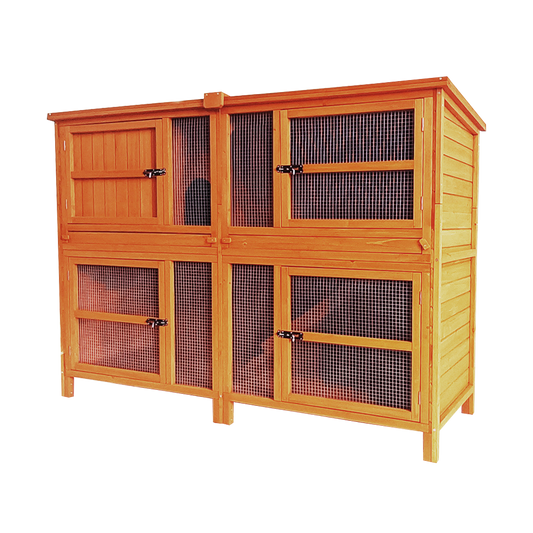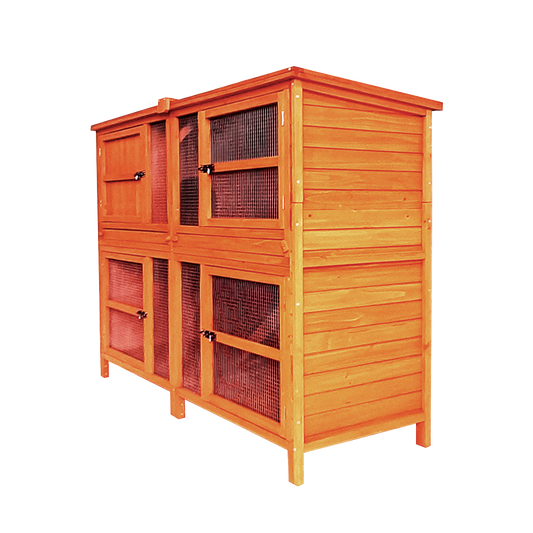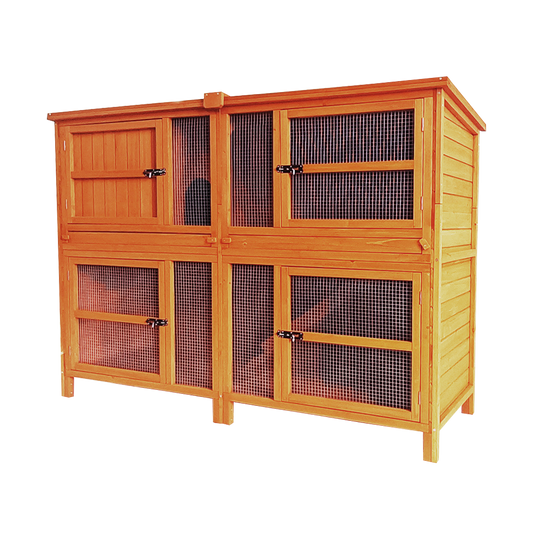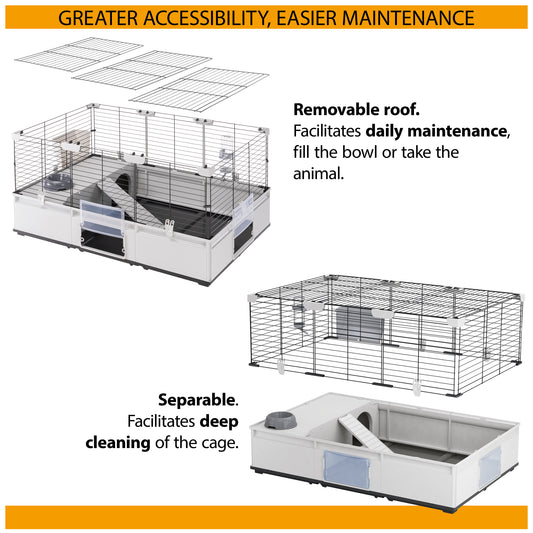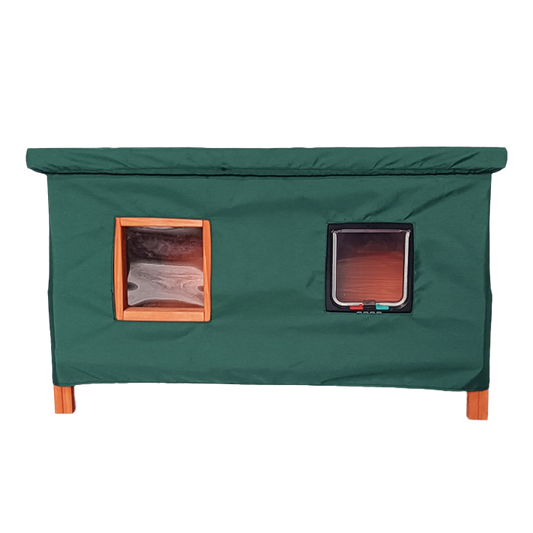As climate change forces us to evaluate our lifestyles and the impact they are having on the planet, people are being encouraged to become more eco-friendly pet owners too. From the food you feed your pet to how you dispose of their waste, there are plenty of small changes you can make to help the planet.
The annual greenhouse gas emissions produced by the pet food industry alone amounts to 106 million tonnes of carbon dioxide, according to a study published in Global Environmental Change in 2020.
What we feed our pets has a direct impact on the environment and the bigger the dog, the bigger the problem. Livestock accounts for 5% of carbon dioxide emissions and 40% of methane. Meat-eating is a big problem which is why we’re all being encouraged to reduce our own consumption. Some people have turned to vegetarianism or veganism to play their part but what about our dogs?
When wild dogs became domesticated and started living alongside humans, they evolved into omnivores due to eating people’s leftover scraps. As omnivores, dogs can thrive on a vegetarian diet and in recent years there has been a boom in dog food companies offering complete meat-free options for dogs containing all the nutrients needed for a healthy diet. The alternative sources of protein used tend to be chickpeas, green peas, soya beans and lentils.
However, your dog doesn’t need to switch to a vegetarian diet to help the planet as there are more eco-friendly meat options available. While human-grade meat might appeal to owners shopping for dog food, it is not necessarily better for your pet compared to bone meal and organ meat which are by-products of the meat production industry.
Not all meats are equal in their environmental impact either. Chicken is a lower-impact choice compared to beef or lamb for example. There are also new protein sources being used that are more sustainable including insect protein. It sounds a bit odd but most dogs seem to love it and it’s estimated that insect-based food uses just 2% of the land and 4% of the water per kilogram of protein that beef does. The British Veterinary Association has backed insect-based foods for pets as being the future of feeding.
As well as the contents of your dog’s food you should also look at where it’s produced and how far it’s travelled, as well as what the packaging is made of and if it can be recycled. Consider if it would be better to buy in bulk to limit the amount of packaging you end up with.
What a waste!
After looking at pet food we need to switch ends and consider what happens to our dogs’ waste. Again, the bigger the dog, the bigger the problem! The UK’s pet dogs are estimated to produce 1,000 tonnes of poo every day and a large proportion of that is picked up by responsible dog owners in plastic poo bags. That’s a lot of single-use plastic getting dumped in landfill!
You can still be a responsible dog owner and not add to the plastic bag waste by using a more environmentally-friendly option. Make sure your poo bags are bio-degradable – or even better compostable – and if walking in woodland it is perfectly acceptable not to use a bag at all. The Forestry Commission recommends that dog owners ‘stick and flick’ instead, which involves finding a stick and flicking your dog’s poo off the path out of the way so no one is likely to tread in it. You should still pick up around livestock though as any medications or wormers that you give your dog could be present in their poo and will be toxic to other animals if eaten.
Exercise
If you automatically jump in the car every time you take your pet out for exercise, consider other options to reduce the number of car journeys you make. Are there new local walks you can try or could you use the car only on alternate days? Currently in England around 60% of one to two mile trips are made by car so any short journeys you can avoid will make a difference.
Reducing your chemical use
Protecting your dog from parasites such as fleas and ticks is important but many of the products available are very harmful to the environment. For example, toxic pesticides in veterinary flea treatments have been found in English rivers. Bees and other pollinators are also at risk from the routine use of insecticide on pets. Look for recommended alternatives that can still provide your pet with protection while being kinder on nature.
If you enjoyed this article, you may be interested in:


